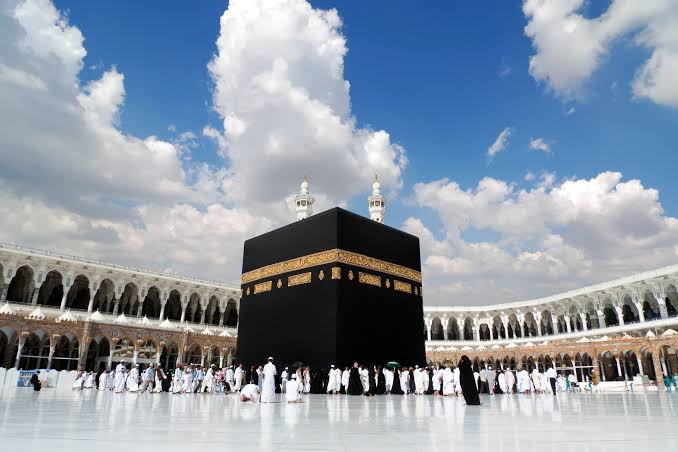Article of Faith
Friday Message; Islam’s Path to Equality, Fairness, Justice, and Tolerance: Embracing Honesty, Neighbourhood Principles, and Equity -By Abdullahi Adda’u Turawa
Islam provides a comprehensive framework for maintaining equality and harmony in society. These principles are not just theoretical but have been practiced and upheld by millions of Muslims throughout history. By embracing these values, individuals and communities can work towards a world where equality, fairness, justice, and tolerance flourish.

Islam, one of the world’s major religions, has often been a subject of discussion, debate, and even controversy. While many focus on its religious doctrines and practices, it is essential to recognize that Islam also provides a profound framework for maintaining equality, fairness, justice, and tolerance in society. This article explores how Islam encourages these values by emphasizing the importance of honesty, neighborhood principles, fairness, justice, equity, and tolerance for one another.
At the core of Islamic teachings lies the principle of honesty. Honesty is not merely the absence of falsehood; it encompasses transparency, integrity, and sincerity in all aspects of life. The Quran, Islam’s holy book, repeatedly emphasizes the importance of truthfulness. The Prophet Muhammad, peace be upon him, set an example of utmost honesty, earning him the title of “Al-Amin,” the trustworthy.
In practicing honesty, individuals contribute to a society where trust is the norm, fostering equality and fairness. When people can rely on each other’s words and actions, it becomes easier to establish equitable relationships and systems.
Neighborhood Principles and Community
Islam places a strong emphasis on community and neighborly relations. The Quran contains numerous verses stressing the importance of treating one’s neighbors with kindness and respect, regardless of their faith or background. The Prophet Muhammad emphasized the significance of good neighborly conduct, stating, “He is not a believer who eats his fill while his neighbor is hungry.”
By fostering a sense of responsibility and care for those around us, Islam promotes social harmony and unity. These principles encourage individuals to look out for each other, promoting fairness, justice, and tolerance within communities.
Islamic principles of fairness and justice are deeply rooted in its legal and ethical framework. The concept of “Adl” (justice) is central to Islamic jurisprudence. The Quran commands believers to be just, even if it goes against their interests or the interests of their loved ones. The idea of “Qist” (equity) underscores the need for impartiality and balance in all dealings.
Islamic legal systems are designed to ensure fair treatment for all members of society, regardless of their status or background. This commitment to justice promotes equality and tolerance by addressing grievances and disputes in a systematic and equitable manner.
Equity and Economic Justice
In matters of economics, Islam promotes a system that aims to reduce wealth disparities and ensure equitable distribution of resources. Zakat, a form of obligatory almsgiving, serves as a means to support the less fortunate and maintain economic balance. Additionally, the prohibition of usury (riba) prevents exploitation and ensures that wealth is not accumulated at the expense of the disadvantaged.
By advocating for economic equity, Islam contributes to a fairer society where the basic needs of all individuals are met, fostering tolerance and reducing social divisions.
Islam’s teachings on tolerance are evident in its history, as the religion spread across diverse cultures and regions. The Quran recognizes the existence of different faiths and encourages peaceful coexistence. “There is no compulsion in religion” (Quran 2:256) underscores the importance of respecting individual choices in matters of faith.
Moreover, Islam’s history is replete with examples of coexistence and tolerance. During the Islamic Golden Age, scholars from various backgrounds worked together, contributing to advancements in science, medicine, and philosophy.
Incorporating honesty, neighborhood principles, fairness, justice, equity, and tolerance, Islam provides a comprehensive framework for maintaining equality and harmony in society. These principles are not just theoretical but have been practiced and upheld by millions of Muslims throughout history. By embracing these values, individuals and communities can work towards a world where equality, fairness, justice, and tolerance flourish. Islam’s message is clear: by embodying these principles, we can create a more just and harmonious society for all.
Abdullahi Adda’u Turawa, ANIPR, Zaria, Nigeria



















